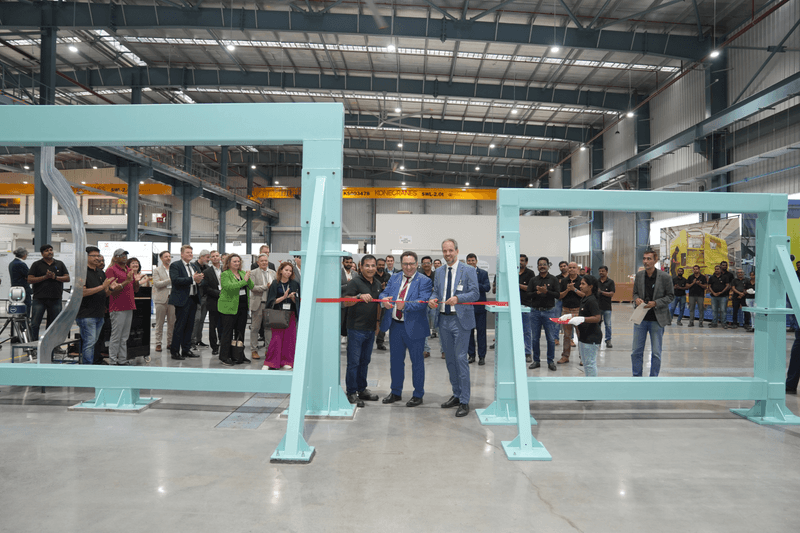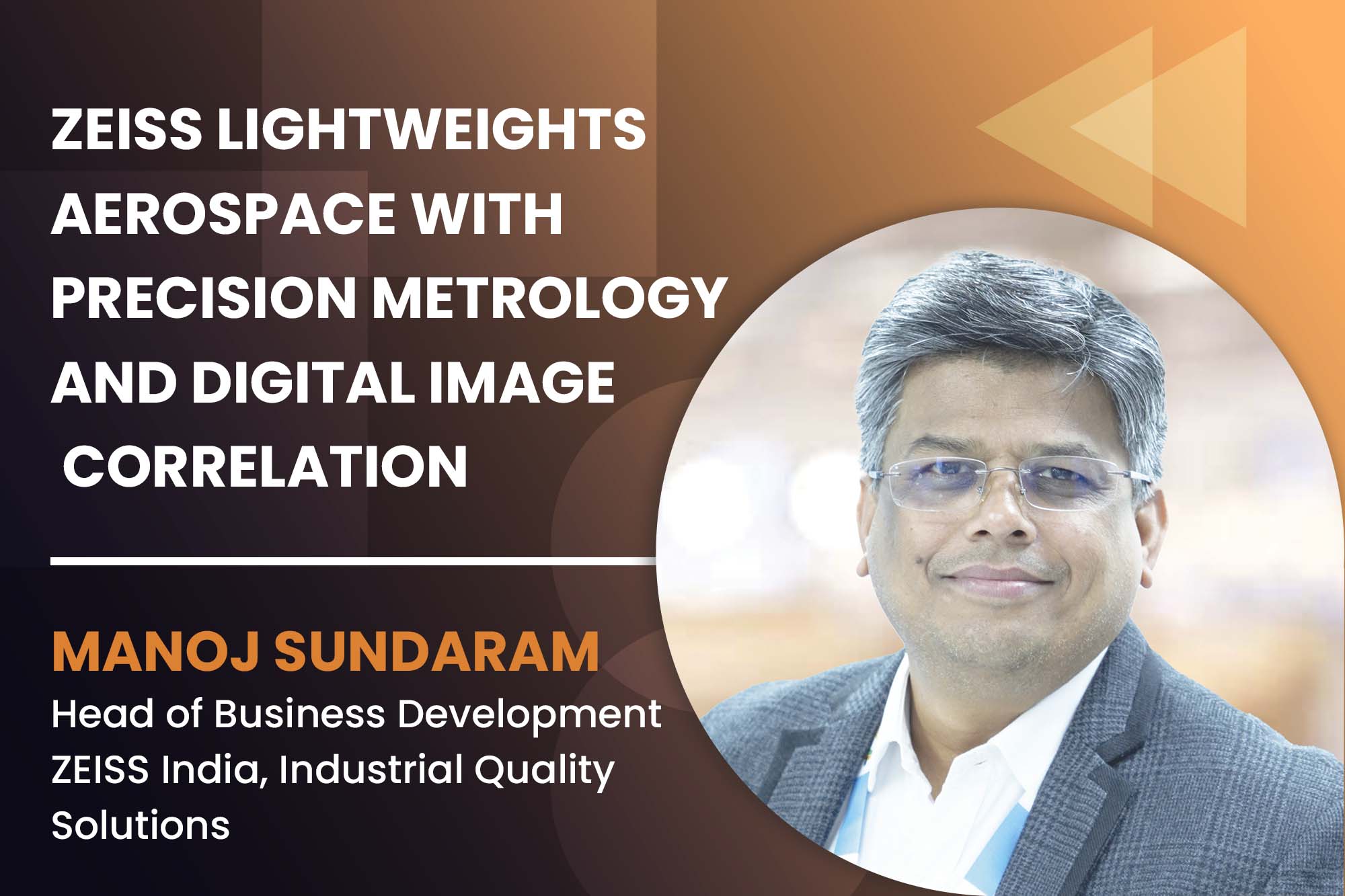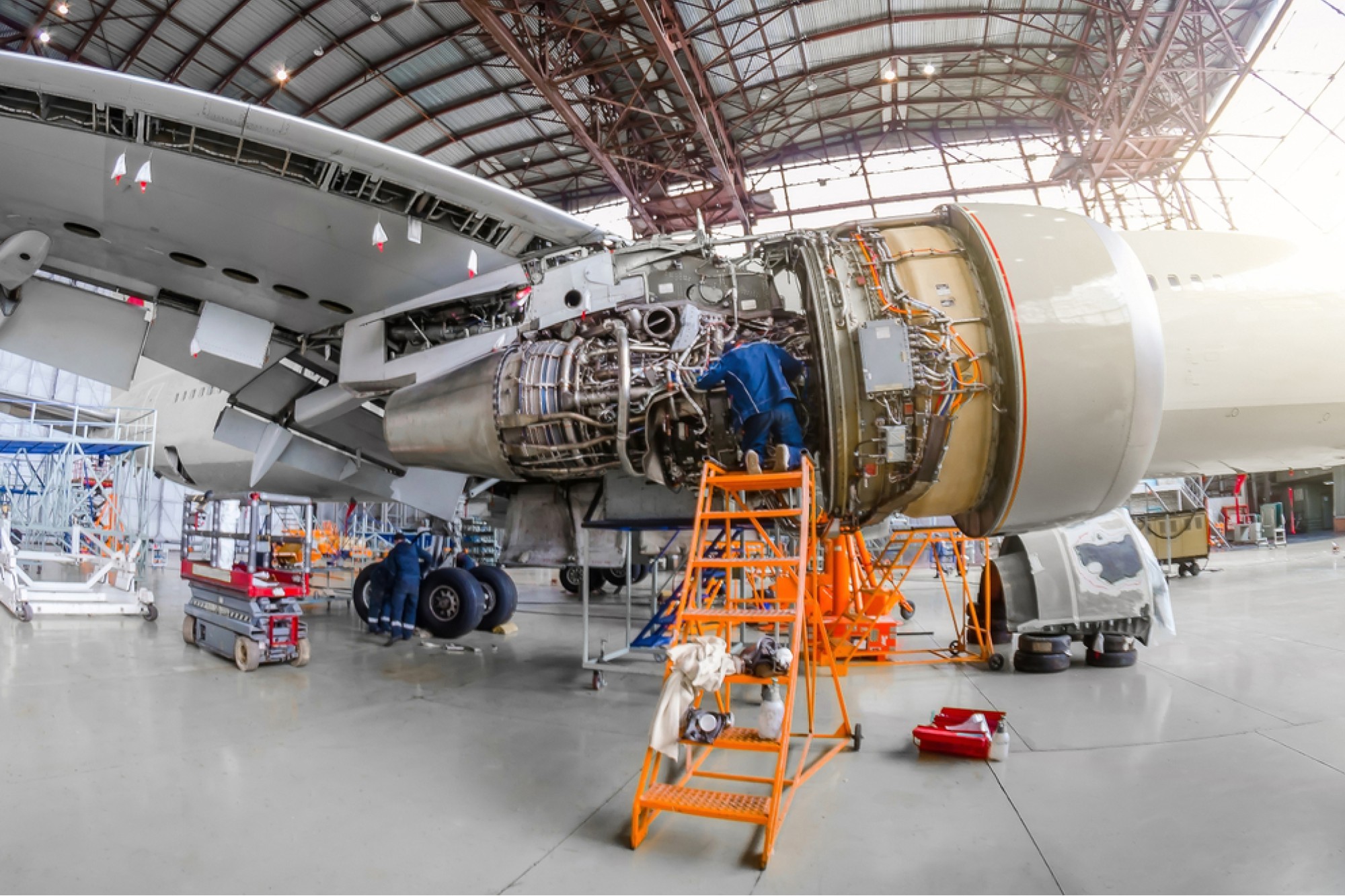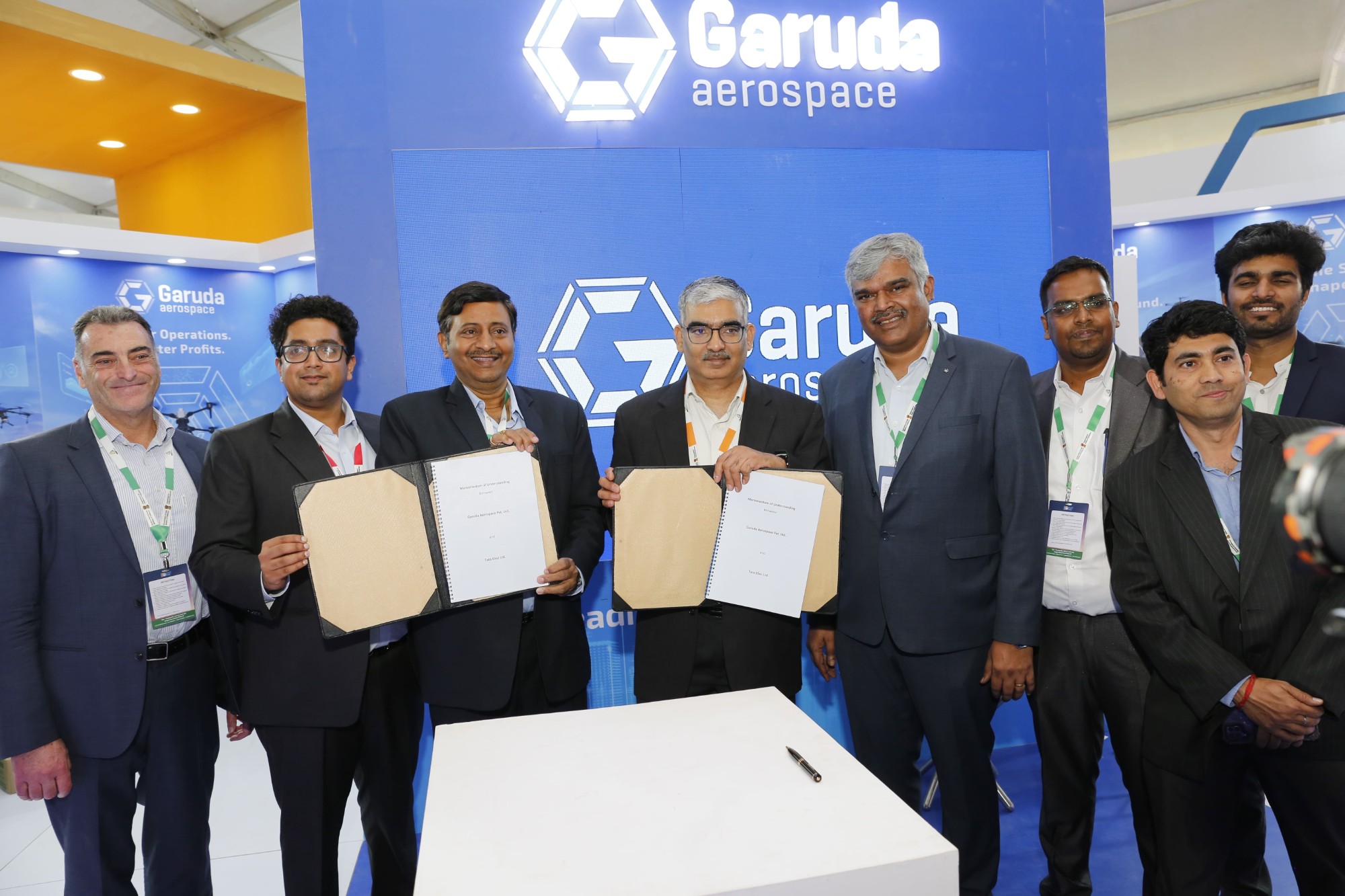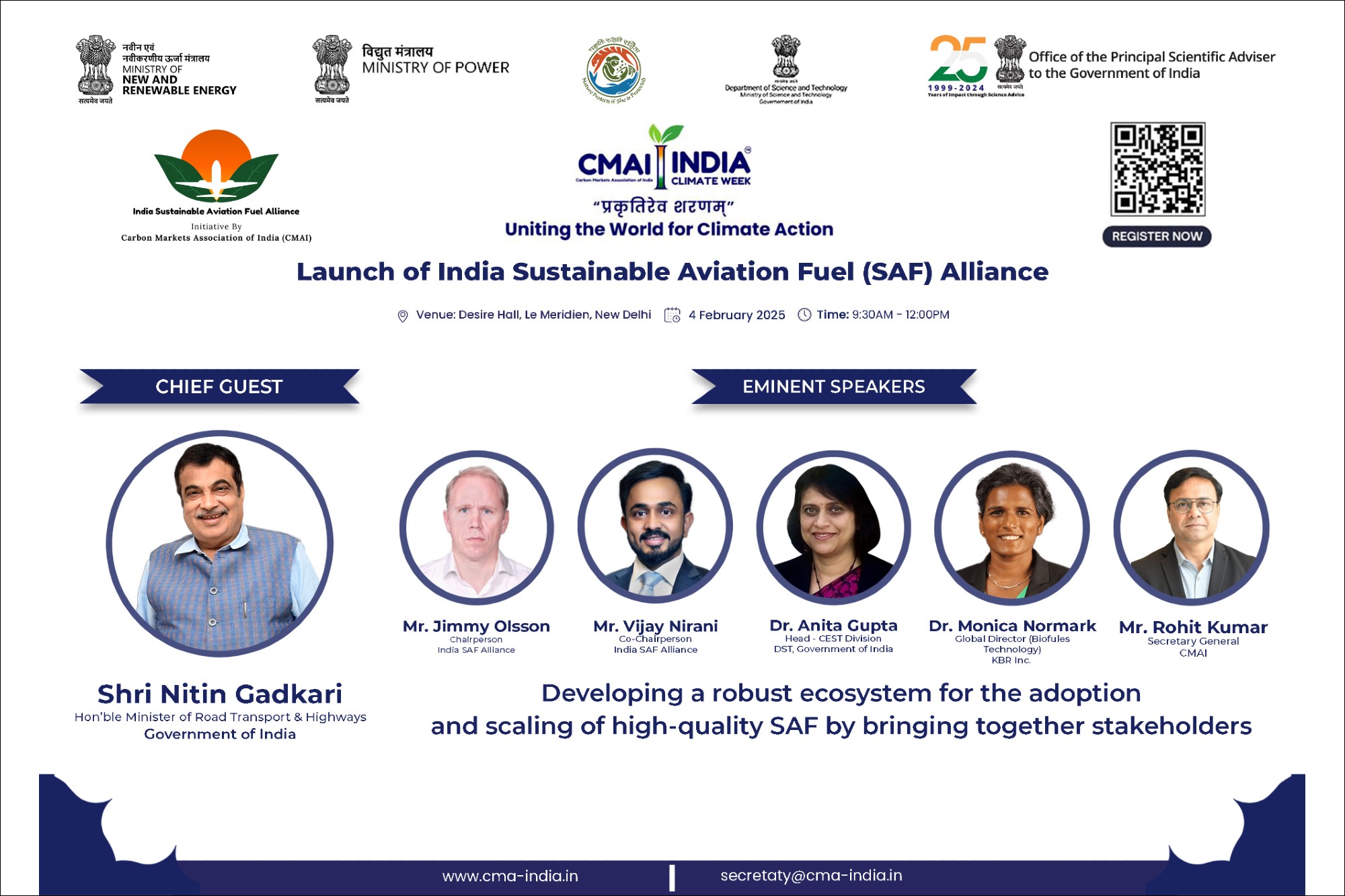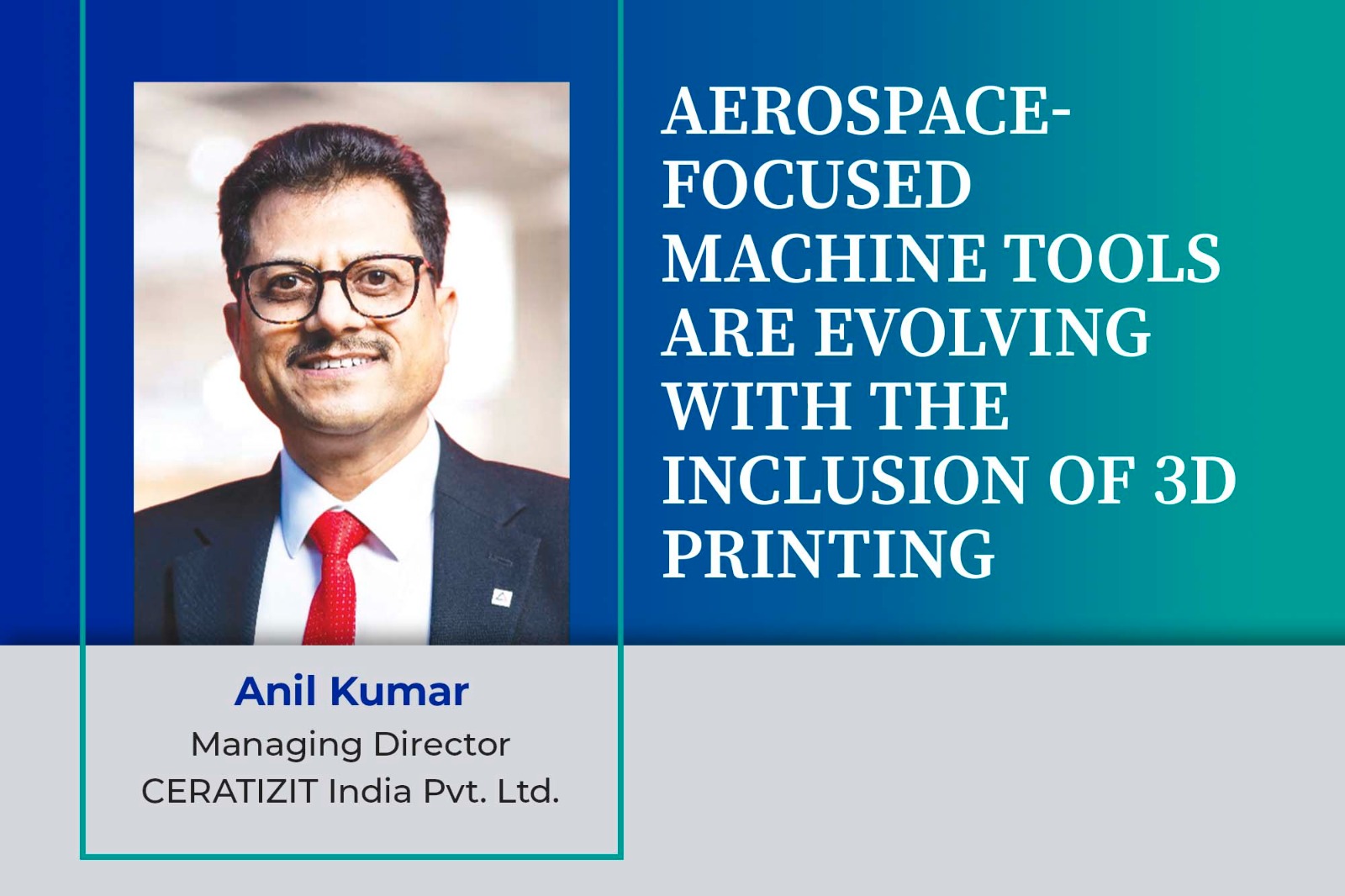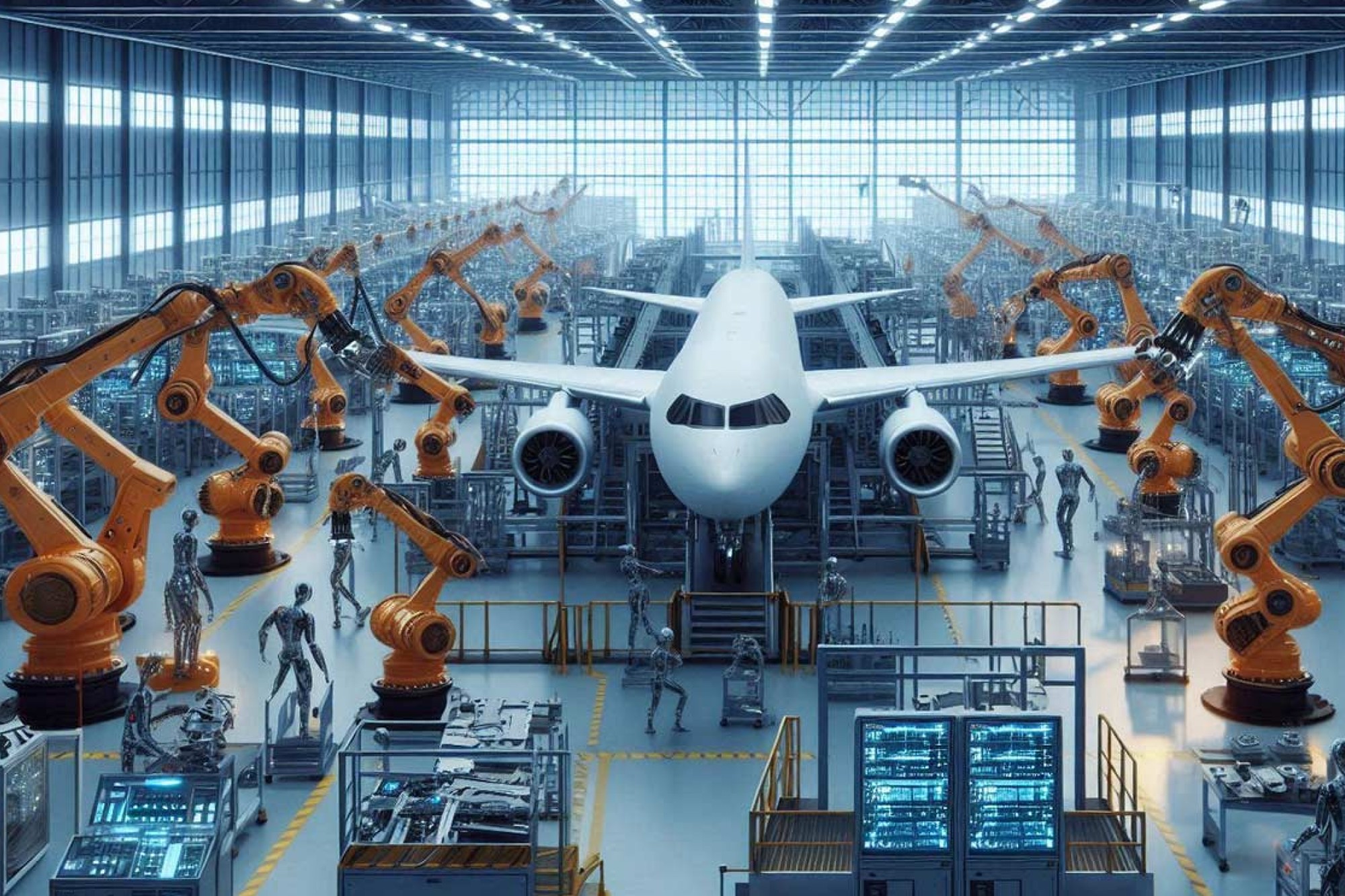Indian manufacturing titans power Chandrayaan-3 mission
By OEM Update Editorial August 8, 2023 5:16 pm IST
A remarkable feat that cements India’s position in the global space exploration arena, India has invested about $75 million in its Chandrayaan-3 mission. With the vision of a successful mission, the nation aims to become the fourth country to achieve a successful spacecraft landing on the moon’s surface.
“Chandrayaan-3 scripts a new chapter in India’s space odyssey. It soars high, elevating the dreams and ambitions of every Indian. This momentous achievement is a testament to our scientists’ relentless dedication. I salute their spirit and ingenuity,” Prime Minister Narendra Modi said.
In a momentous leap towards lunar exploration, the Indian Space Research Organisation (ISRO) embarked on its much-anticipated Chandrayaan-3 mission. Following the setbacks of its predecessor, Chandrayaan-2, ISRO launched the third lunar exploration endeavour on July 14, 2023, at 2:35 pm IST, with a determination to overcome past challenges. This ambitious mission aims to deploy a lander and the Pragyan rover to the lunar surface, significantly advancing India’s space exploration endeavours. While the stakes are high, hopes are riding on a successful landing near the lunar south pole region, anticipated to occur on August 23, 2023.
India’s historic Chandrayaan-3 launch from Sriharikota puts the nation in an esteemed league, becoming the fourth country to achieve a successful spacecraft landing on the moon’s surface.
Lunar Advancements -3
Chandrayaan-1, the first mission in the series, made a groundbreaking discovery of water on the lunar surface, earning praise from premier space agencies like NASA. Chandrayaan-3 aims to take things to the next level with its robust Lander using ISRO’s Launch Vehicle Mark-3. There is tremendous excitement across the country for Chandrayaan-3, especially since Chandrayaan-2 faced challenges just minutes after its September 6, 2019 descent.
The previous missions, Chandrayaan-1 and Chandrayaan-2, have been groundbreaking in their own right. Chandrayaan-1 confirmed the presence of water molecules on the Moon, altering our perception of the celestial body from being bone-dry and uninhabitable to a dynamic and geologically active entity. Meanwhile, Chandrayaan-2’s Orbiter detected crucial elements like chromium, manganese, and sodium for the first time through remote sensing, revolutionising our understanding of the Moon’s magmatic evolution.
With the promising strides in space exploration and innovation, Chandrayaan-3 holds high hopes for furthering our understanding of the Moon’s mysteries. Equipped with advanced payloads, including Chandra’s Surface Thermophysical Experiment (ChaSTE) and the Instrument for Lunar Seismic Activity (ILSA), this mission aims to unravel the Moon’s secrets and pave the way for future lunar expeditions.
After a series of orbit-raising manoeuvres, Chandrayaan-3 will be inserted into the Lunar Transfer Trajectory, covering a staggering distance of over 300,000 km to reach the Moon in the next few weeks after its launch. The spacecraft will be equipped with cutting-edge scientific instruments to study the Moon’s surface. The mission has undergone rigorous ground tests and simulations, making necessary modifications to ensure the success of the Lander. Chandrayaan-3’s Lander and Rover modules are equipped with payloads that will provide valuable data on lunar soil and rocks, including their chemical and elemental composition, contributing to the scientific community’s knowledge. The rover, equipped with six wheels, is expected to work on the Moon for 14 days, capturing valuable images with multiple cameras, added Dr Jitendra Singh, Minister of State for the Ministry of Science and Technology and Prime Minister’s Office.
Chandrayaan-3 aims to spearhead new frontiers in interplanetary missions through its innovative Lander module (LM), Propulsion module (PM), and Rover. With the LM’s ability to softly touch down on a designated lunar site and deploy the Rover, cutting-edge in-situ chemical analysis of the lunar surface will be carried out during its mobility. The Lander and Rover are equipped with scientific payloads, paving the way for experiments on the Moon’s surface. The PM’s crucial role is to ferry the LM from launch vehicle injection to a final lunar orbit of 100 km in a circular polar trajectory, after which it will part ways. The Propulsion Module will also operate a scientific payload post-separation from the Lander Module.Utilising the GSLV-Mk3 launcher, Chandrayaan-3 is destined for an Elliptic Parking Orbit (EPO) of approximately 170 x 36,500 km. The mission’s core objectives include:
- Showcasing a safe and gentle lunar landing.
- Demonstrating Rover mobility on the moon.
- Conducting groundbreaking in-situ scientific experiments.
India has since spent about $75 million on its Chandrayaan-3 mission.
Indigenous Manufacturing
Chandrayaan-3 boasts an impressive lineup of companies collaborating to make this interplanetary dream a reality. Leading the charge are renowned names like Larsen and Toubro (L&T), Hindustan Aeronautics, Bharat Heavy Electricals, Paras Defence and Space Technologies, Godrej Aerospace, Walchandnagar Industries, Centum Electronics, and MTAR Technologies.
Godrej Aerospace has played a pivotal role in the Chandrayaan-1 and Chandrayaan-2 missions. During Chandrayaan-1, the company contributed the Vikas engine, thrusters, and critical parts for antennas used in remote sensing and ground systems. For Chandrayaan-2, Godrej Aerospace provided the L110 engine and CE20 engine for the GSLV Mk III launcher, along with thrusters for the Orbiter and Lander and components for the DSN antenna.
The company has manufactured the L110 engine for the core stage and the CE20 engine thrust chamber for the upper stage of the Chandrayaan-3. In addition to this, Godrej Aerospace has also provided essential thrusters for the spacecraft. Firmly committed to indigenous manufacturing and technological progress, Godrej Aerospace has ambitious plans. The company is set to invest ₹250 crore in a state-of-the-art facility in Maharashtra’s Khalapur, which will house advanced manufacturing, assembly, and integration capabilities. Maneck Behramkamdin, AVP & Business Head, Godrej Aerospace, said, “We take immense pride in our contribution to ISRO’s Chandrayaan 3 mission, which exemplifies our commitment to nation-building and self-reliance. At Godrej Aerospace, we remain committed to indigenous manufacturing and technological advancements, contributing to driving the nation’s progress in space projects and civil aviation.
Larsen and Toubro was a pivotal contributor to Chandrayaan-3 mission in supplying various crucial components. They supplied ground and flight umbilical plates to critical booster segments in a strict timeframe. L&T’s significant involvement also extended to the system integration of the Launch Vehicle.
The Prime Minister’s opening up of the space sector to private players has created a collaborative ecosystem, facilitating the pooling of assets, resources, and expertise. The Chandrayaan-3 mission owes a significant part of its accomplishments to the contributions made by the private industry. As Chandrayaan-3 embarks on its lunar journey in a precise orbit, ISRO confirms the spacecraft’s health to be in optimal condition. This landmark mission is a testament to the power of collaboration, showcasing India’s determination to advance in space exploration with indigenous manufacturing.
Cookie Consent
We use cookies to personalize your experience. By continuing to visit this website you agree to our Terms & Conditions, Privacy Policy and Cookie Policy.




